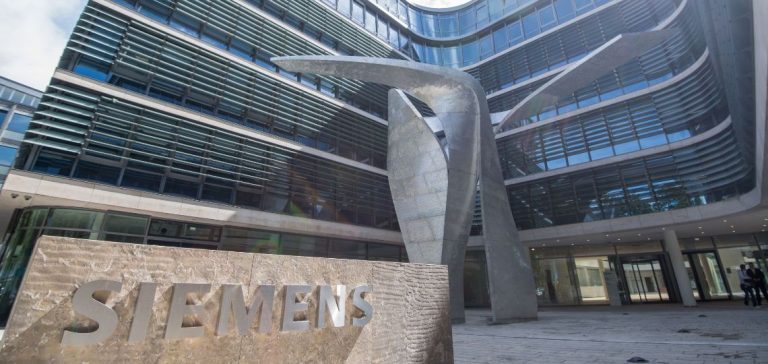Siemens Energy has filed a lawsuit against Citgo Petroleum and its parent company, PDV Holding, in a Texas court. The aim is to recover approximately $200 million following a default on a payment promise by Venezuela, according to court documents. This case is part of a broader context where several creditors are seeking to enforce their rights on PDV Holding’s assets, notably by attempting to influence the sale process of Citgo to maximize their return on investment.
The dispute arises from an initial transaction involving Dresser-Rand, an engineering company acquired by Siemens Energy, which was supposed to receive approximately $166 million under a promissory note. The amount owed has since increased to over $200 million. Siemens has already obtained a favorable judgment from the Southern District Court of New York and is now seeking to hold PDV Holding responsible as the alter ego of PDVSA, the Venezuelan state oil company, for the full amount.
Legal and Financial Context of PDVSA
The case is complicated by the legal and financial situation of PDVSA (Petróleos de Venezuela, S.A.), already involved in a series of lawsuits for expropriations and defaults totaling approximately $21 billion in claims. PDVSA, being Venezuela’s national oil company, faces multiple financial challenges that impact its ability to honor its commitments to international creditors.
A foreclosure auction process of Citgo’s parent company’s shares has begun in a Delaware court, where several creditors, including Siemens and funds like Gramercy Distressed Opportunity Fund, are attempting to position themselves to prioritize their claims when the assets are liquidated. This approach aims to secure a return on investment in an uncertain economic environment marked by international sanctions and fluctuations in oil prices.
Recent Developments in the Auction
The second phase of this auction has recently resulted in the selection of an affiliate of Elliott Investment Management with an offer of $7.3 billion. However, if this offer is approved by the judge, it would only cover part of the existing claims, creating a struggle among creditors to maximize their recovery. Creditors are thus employing legal strategies in multiple jurisdictions to strengthen their position, which could disrupt the auction schedule and prolong legal battles across the United States.
U.S. Judge Leonard Stark, responsible for overseeing the auction, must rule on a request to prevent creditors from using other courts to pursue their claims on the same assets, in order to avoid compromising the ongoing process in Delaware. This decision is crucial in determining the next steps of the proceedings and the possible outcome of the auction, while ensuring a degree of fairness among the various involved creditors.
Implications for the Energy Market
This litigation highlights the complexities of the international energy market, where financial and political stakes often intersect. Siemens Energy’s ability to recover these funds could influence future transactions between energy companies and oil-producing states, especially in geopolitically tense contexts like Venezuela.
Furthermore, this case underscores the importance of legal mechanisms in protecting international investments. Companies must navigate a complex regulatory landscape to secure their financial interests, particularly when operating in countries facing economic and political instability.
Future Perspectives
In the future, the resolution of this lawsuit could set important precedents for international creditors seeking to recover debts in similar legal environments. Siemens Energy, as a major stakeholder, could strengthen its position in future negotiations and influence how companies manage their financial relationships with state entities.
The developments of this case will be closely watched by players in the financial and energy markets, as they could impact investor confidence in transactions involving energy companies operating in politically sensitive regions. Judge Stark’s decision will be decisive for the ensuing events and for the stability of financial relationships between multinational corporations and oil-producing states.






















